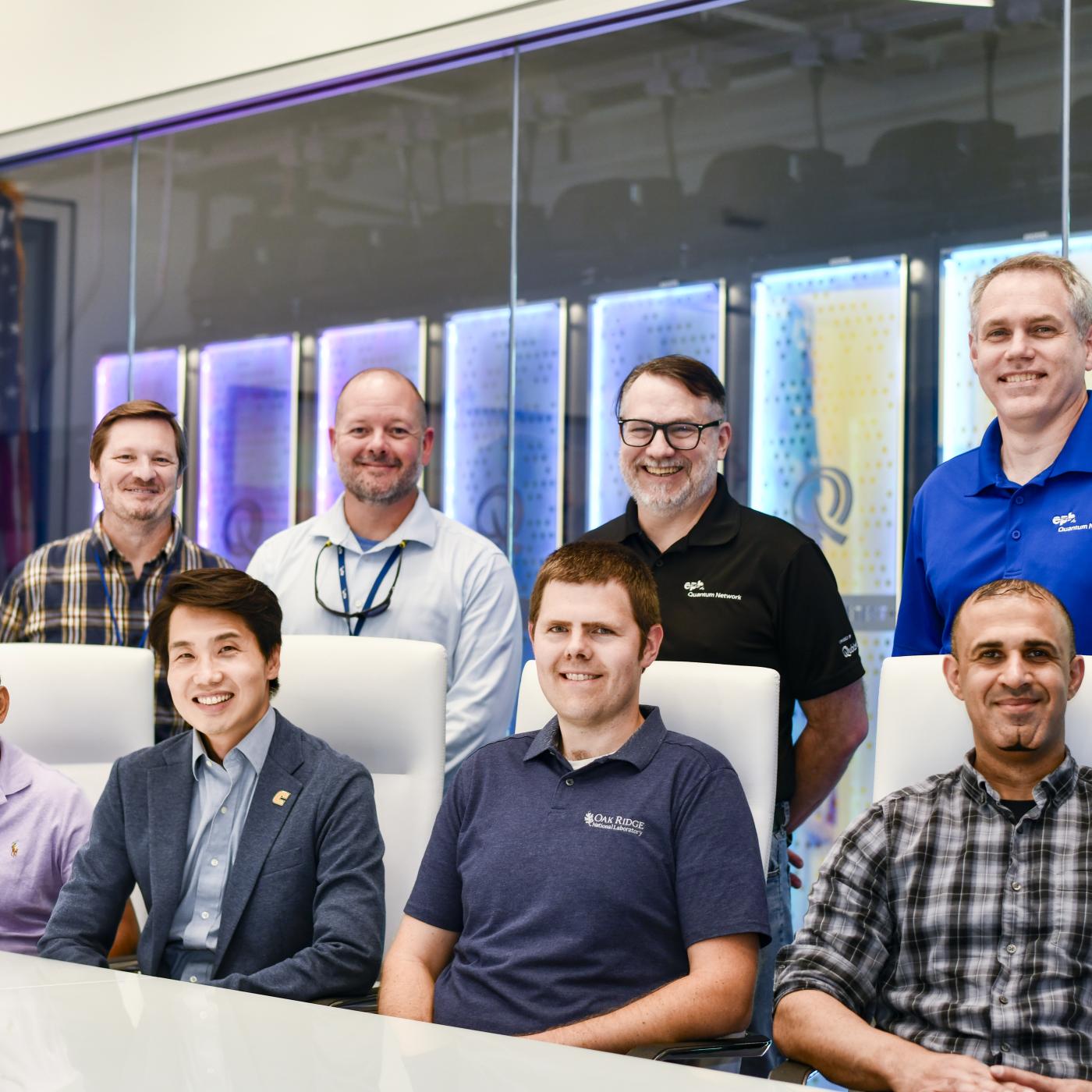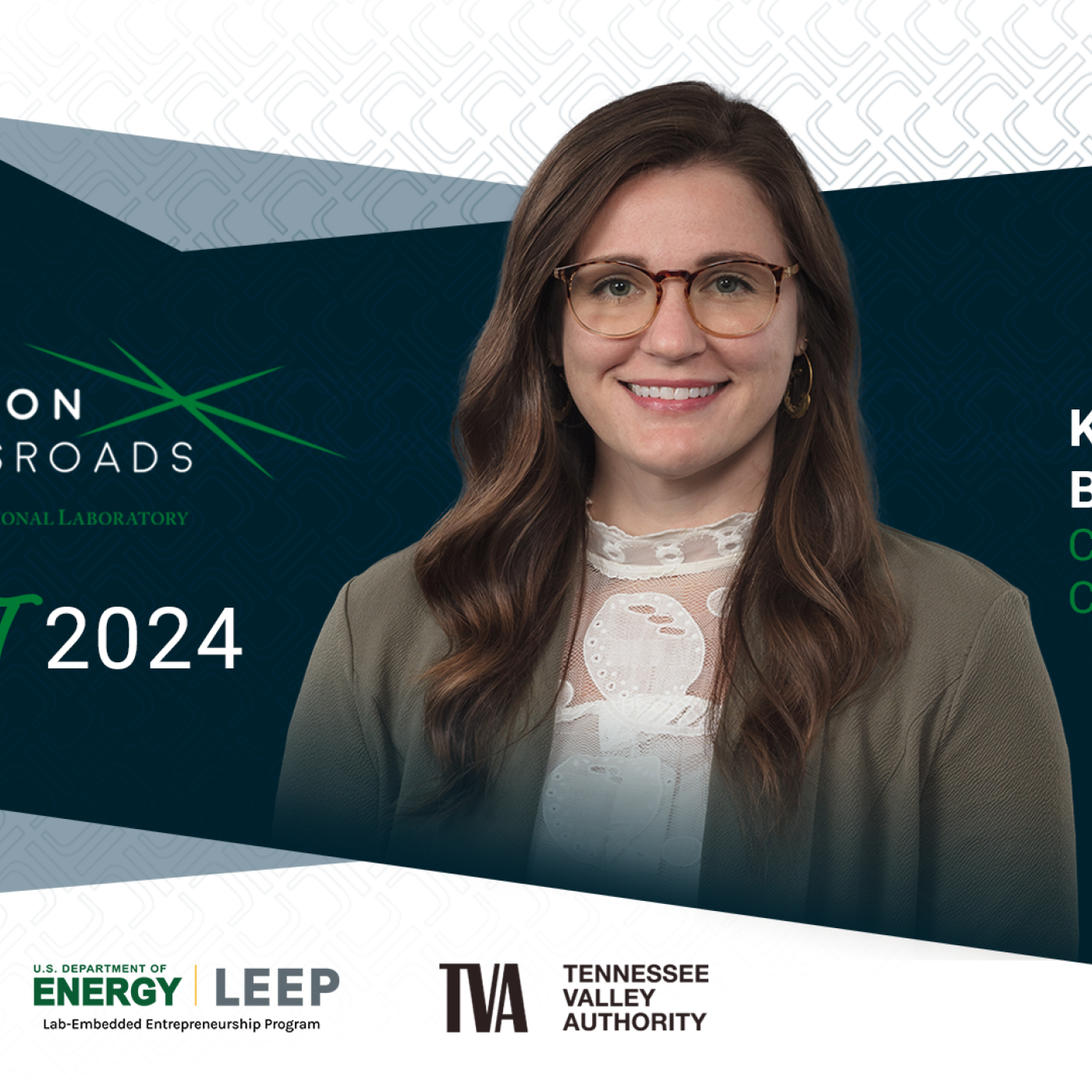
Filter News
Area of Research
- (-) National Security (55)
- Advanced Manufacturing (7)
- Biological Systems (3)
- Biology and Environment (119)
- Biology and Soft Matter (4)
- Building Technologies (3)
- Chemical and Engineering Materials (3)
- Chemistry and Physics at Interfaces (7)
- Clean Energy (211)
- Climate and Environmental Systems (7)
- Computational Biology (1)
- Computational Chemistry (5)
- Computational Engineering (2)
- Computer Science (4)
- Data (1)
- Earth Sciences (1)
- Electricity and Smart Grid (2)
- Energy Frontier Research Centers (7)
- Energy Sciences (2)
- Fuel Cycle Science and Technology (2)
- Functional Materials for Energy (10)
- Fusion and Fission (44)
- Fusion Energy (8)
- Geographic Information Science and Technology (1)
- Isotopes (25)
- Materials (186)
- Materials Characterization (2)
- Materials for Computing (17)
- Materials Synthesis from Atoms to Systems (8)
- Materials Under Extremes (8)
- Neutron Data Analysis and Visualization (2)
- Neutron Science (84)
- Nuclear Science and Technology (35)
- Quantum Condensed Matter (3)
- Quantum information Science (5)
- Renewable Energy (2)
- Sensors and Controls (2)
- Supercomputing (173)
- Transportation Systems (6)
News Type
News Topics
- 3-D Printing/Advanced Manufacturing (1)
- Advanced Reactors (1)
- Artificial Intelligence (6)
- Big Data (4)
- Bioenergy (3)
- Biology (4)
- Biomedical (1)
- Biotechnology (1)
- Buildings (1)
- Climate Change (5)
- Computer Science (10)
- Coronavirus (1)
- Cybersecurity (10)
- Decarbonization (2)
- Environment (3)
- Fusion (1)
- Grid (3)
- High-Performance Computing (3)
- Machine Learning (8)
- Materials (1)
- Materials Science (3)
- Nanotechnology (1)
- National Security (27)
- Neutron Science (4)
- Nuclear Energy (4)
- Partnerships (2)
- Physics (1)
- Quantum Science (1)
- Security (6)
- Simulation (1)
- Summit (1)
- Sustainable Energy (1)
Media Contacts
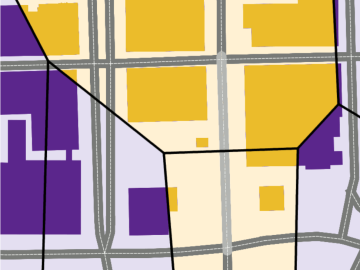
Every day, hundreds of thousands of commuters across the country travel from houses, apartments and other residential spaces to commercial buildings — from offices and schools to gyms and grocery stores.
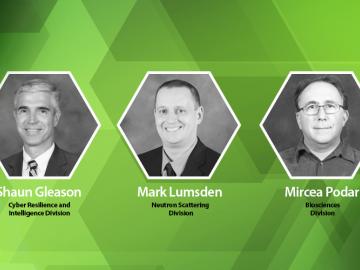
Three ORNL scientists have been elected fellows of the American Association for the Advancement of Science, or AAAS, the world’s largest general scientific society and publisher of the Science family of journals.
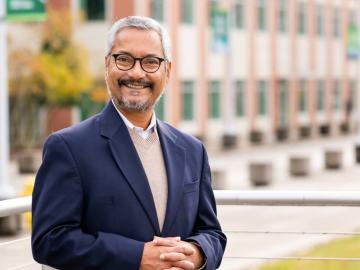
ORNL’s Budhendra “Budhu” Bhaduri has been elected a fellow of the American Association of Geographers. The honor recognizes Bhaduri as “a world leader in innovation, development and application of research in human dynamics, geographic data science, remote sensing and scalable geocomputation.”
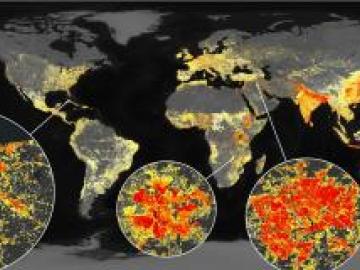
Using novel data sets and computing systems, researchers at ORNL are simulating how climate change affects the safety and security of the country.
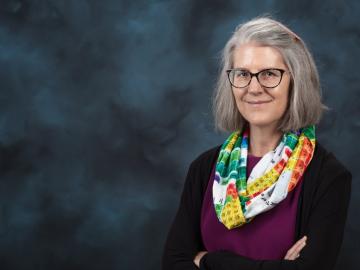
Deborah Frincke, one of the nation’s preeminent computer scientists and cybersecurity experts, serves as associate laboratory director of ORNL’s National Security Science Directorate. Credit: Carlos Jones/ORNL, U.S. Dept. of Energy
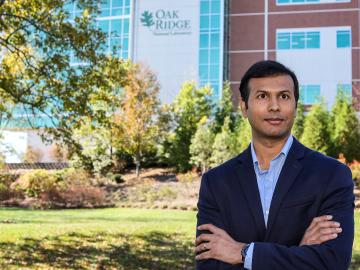
As Hurricane Dorian raged through the Bahamas, researchers at Oak Ridge National Laboratory worked around the clock to aid recovery efforts for one of the Caribbean’s worst storms ever.
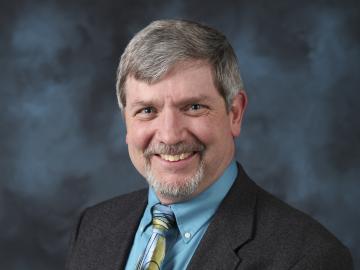
Jeff Johnson, nonproliferation research and development integration manager for ORNL’s National Security Sciences Directorate, has been honored by the American Nuclear Society
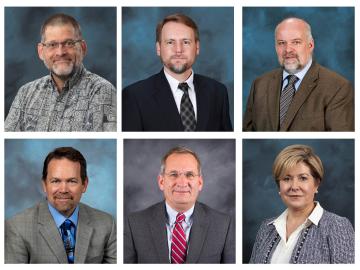
Six ORNL scientists have been elected as fellows to the American Association for the Advancement of Science, or AAAS.
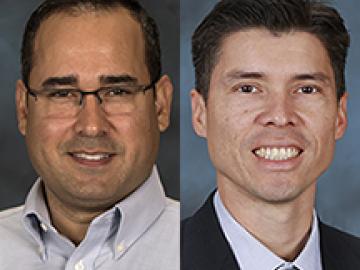
Two staff members at the Department of Energy’s Oak Ridge National Laboratory have received prestigious HENAAC and Luminary Awards from Great Minds in STEM, a nonprofit organization that focuses on promoting STEM careers in underserved
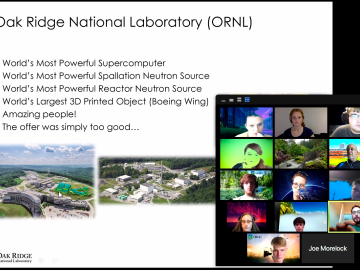
Each summer for the last 30 years, students and teachers from across Appalachia have travelled to ORNL for a unique STEM summer camp experience – the Appalachian Regional Commission/ORNL Science-Technology-Mathematics Institute.


